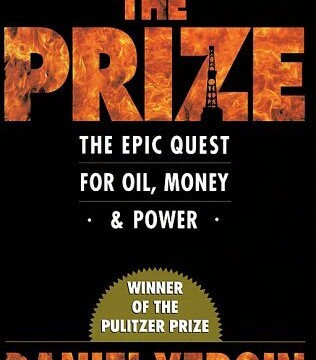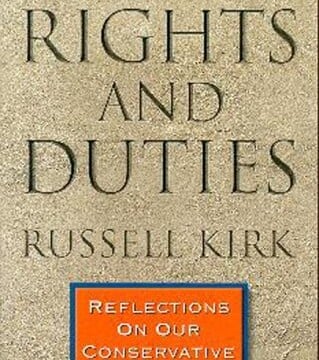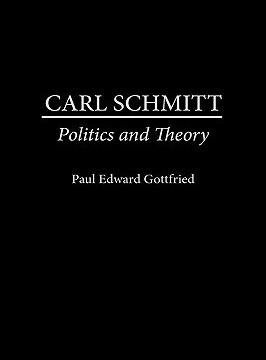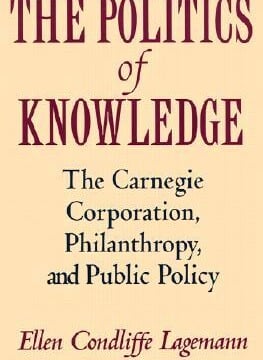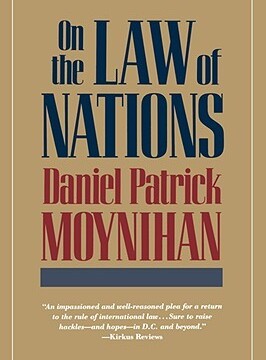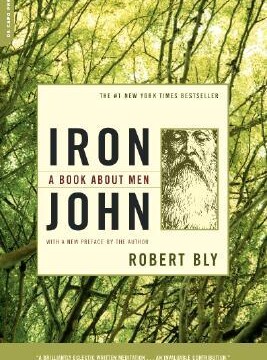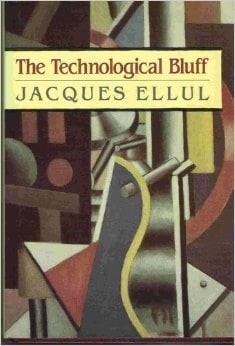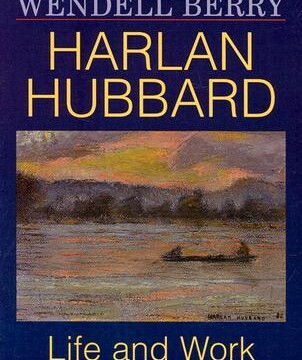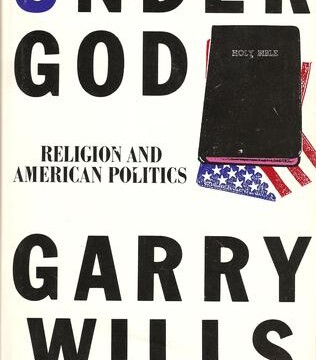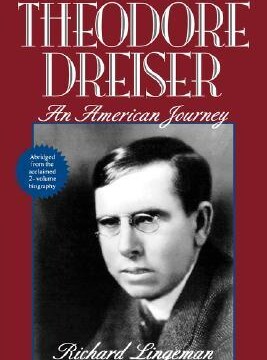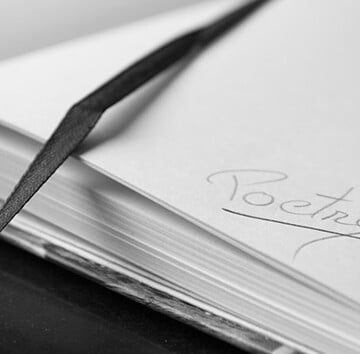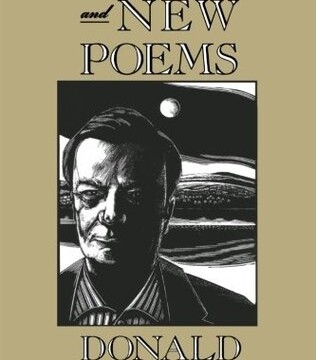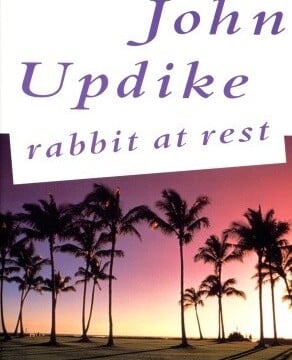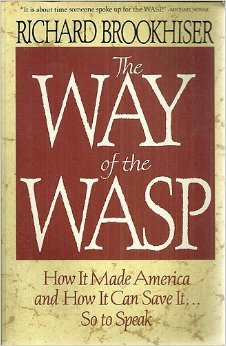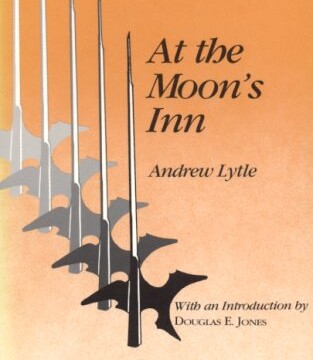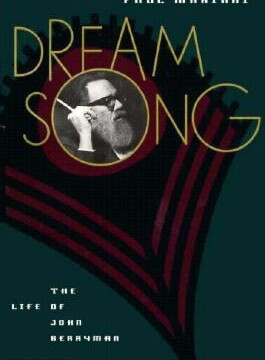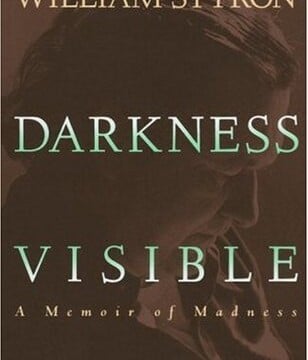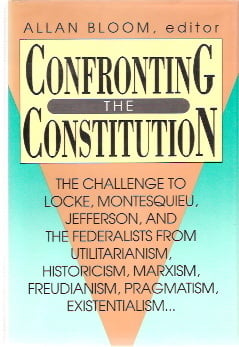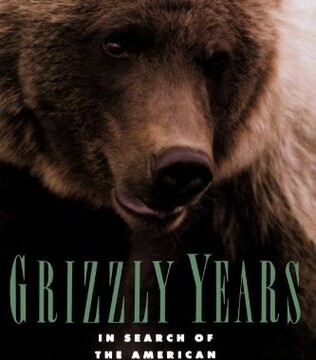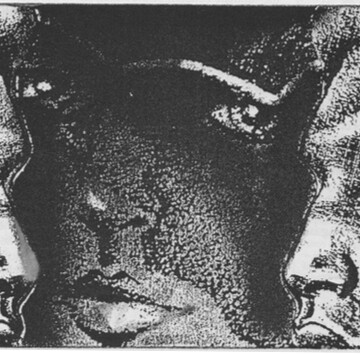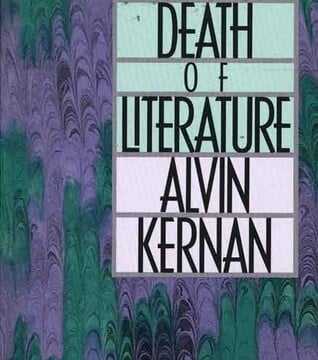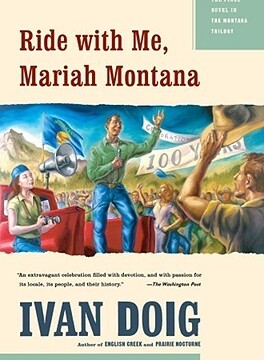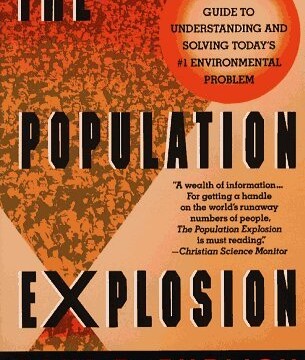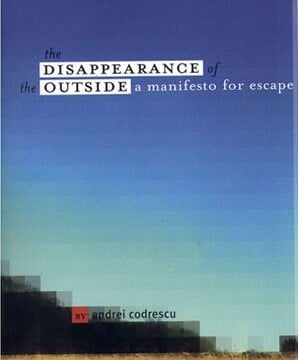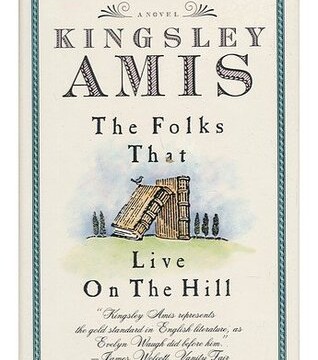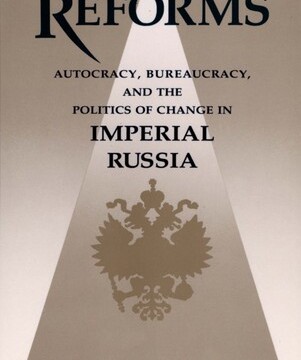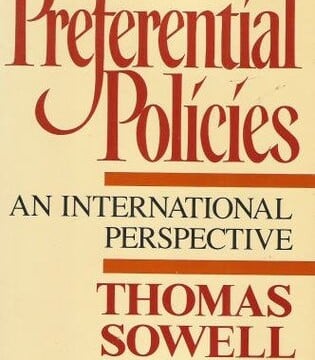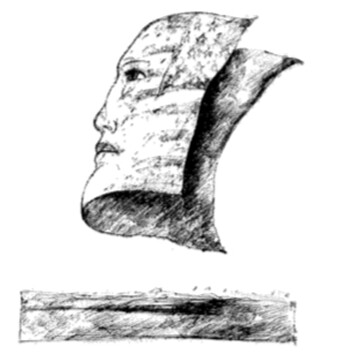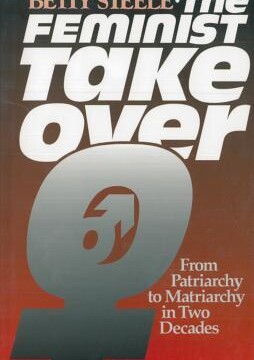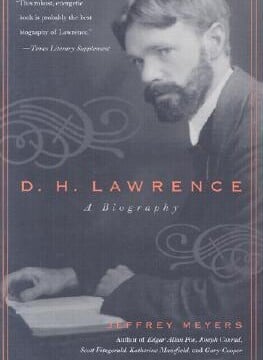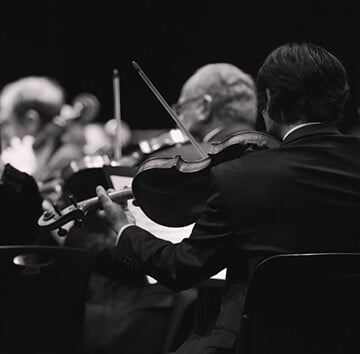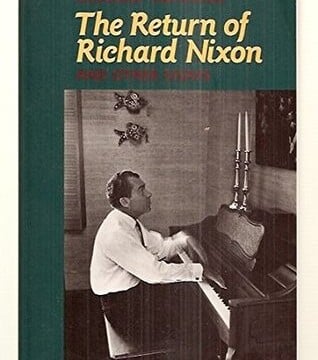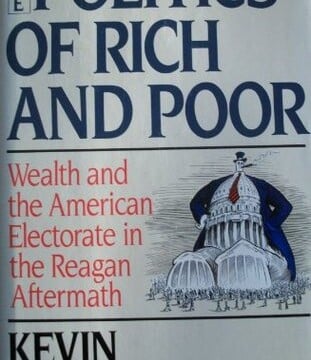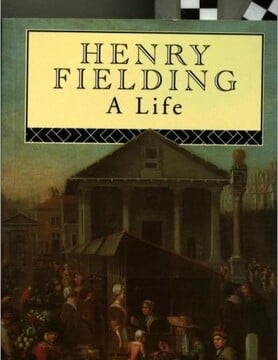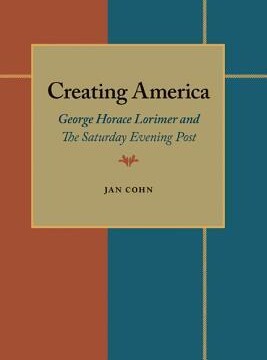“It is risky to write about an ongoing series of events, in this case the Catholic church’s history in the second half of the twentieth century,” writes Thomas Molnar in the introduction to The Church, Pilgrim of Centuries. After finishing Professor Molnar’s iconoclastic and often penetrating analysis of the Church’s position in the modern world...
Category: Reviews
The Lure of Black Gold
January 14, 1991. As I write, more than half a million American and Allied soldiers are massed on the northeastern frontier of Saudi Arabia, arrayed against the million soldiers of Saddam Hussein. At issue is the sovereignty of Kuwait, a feudal monarchy that happens to enjoy the highest per-capita income on the planet. But, more...
Piety and Meaning
Walter Sullivan is professor of English at Vanderbilt University, the author of two novels, and, most recently, of Allen Tate: A Recollection. He is also a frequent and long-standing contributor to the Sewanee Review, in which four of the ten essays in this volume (dedicated to, among others, George Core, Sewanee‘s editor) first appeared. Although...
Love’s Old Sweet Song
I once had the privilege of hearing Professor Polhemus deliver some of these pages as a lecture—the passage on the terrible end of Miss Havisham in Great Expectations, which I have found as superb to read in 1990 as it was to hear in 1986. I also once heard—and watched—him do a number on The...
Our Constitution: Alive or Dead?
“Your Constitution is all sail and no anchor.” —T.B. Macaulay Consensus on the benign motives of our Founding Fathers and the nature of the Constitution that had persisted through the 19th century began to crack at the beginning of the 20th under assaults from the Progressives. It has disintegrated at an accelerating rate since, so...
Our European Cousins
“All great peoples are conservative . . . “ —Thomas Carlyle What does it mean to be “rightwing”? Since the term and its companion “left-wing” first appeared in the wake of the French Revolution to describe, respectively, those who opposed and those who supported the revolutionary agenda and legacy, one plausible meaning of “right-wing” is...
Mysterious Island
Missaukee County, in the heart of the lower peninsula of Michigan, is perfectly flat and perfectly rural, its farms possessed by Dutch Calvinists. When first I, aged 17, traveled across the county, every farmhouse and every barn was ornamented by conspicuous lightning rods, the rustics having been duped by some ingenious salesman. When I inquired...
Bring Me the Head of John D.
“Studying” philanthropy is a new academic enterprise, and one riven by various interests. Though a growing camp of scholars is following grant money, their studies, even when critical, generally confirm the conventional wisdom of foundation leaders. As a permanent supplicant, the academy approaches organized philanthropy with either a tugged forelock or an upraised list. Ellen...
Redefining America
“I began by feeling that I was a Norwegian, then changed into a Scandinavian, and have now arrived at being a generalized Germanic.” —Henrik Ibsen “Over the generations,” wrote Milton M. Gordon in his 1964 study of the assimilation of white ethnics, “the triumph of acculturation in America has been, if not complete, at least...
Peaceable Kingdoms
“The consent of all nations is the law of nature.” —Cicero On the Law of Nations is a powerful brief in favor of what the United States Supreme Court in 1900 declared to be “the customs and usages of the civilized world.” (In Paquete Habana, the highest court declared international law to be “part of...
Wild Thing
A new kind of animal stalks the land these days. If you listen closely, you can hear its strange call: chest-thumping roars alternating with keening wails and abundant sniffles. And if you look carefully, you’ll doubtless soon spot one, for they clone faster than jackrabbits. This new critter is now all around us, and the...
The End of History
It seems to me that the staff and all the contributing editors to Chronicles, working together for a year in paradisiacal California on a lavish grant from the MacArthur Foundation, could not possibly produce as pessimistic a work as The Technological Bluff by the French cultural critic and author of more than forty books, Jacques...
Much in Little
When Harlan Hubbard and his wife, Anna, set themselves adrift on the Ohio in late 1946 in a homemade shantyboat, they began not only a five-year river adventure but a way of life together that was as distinctive as it was unmodern. In his memoir of that trip, Shantyboat: A River Way of Life, first...
Wills’ Way
Garry Wills is, of course, the talented apostate conservative whose interpretative political reporting avoids the usual journalistic cliches. No one will disagree that Wills penetrates events more deeply than do, say, the editorial writers for the New York Times, any more than he will deny that Wills’ insight and wit are broadly in service to...
The Pathetic Individual
Perfection of the life or perfection of the art? The imperatives of art being what they are, Yeats thought that the writer could not have both. With the completion of Richard R. Lingeman’s two-volume biography of Theodore Dreiser, it seems evident that Dreiser was fated to attain neither. Born in 1871 in Indiana, Dreiser managed...
Poets and the Art of Interior Design
“I too dislike it” —Marianne Moore The sculptress Malvina Hoffman found the poetry of her friend Marianne Moore hard to understand and would sometimes ask her to read a poem aloud. “Then I would say, ‘I really don’t know what that’s all about, because of my own ignorance, I’m sure, but just possibly you might...
The Vessels of His Meaning
“There is nothing so likely to hand down your name as a poem: all other monuments are frail and fading.” —Pliny the Younger To say that O.B. Hardison, Jr., who died last August at the age of 61, was a poet is in some respects to diminish his memory. “Poet” has become a hollow accolade,...
Poems and McPoems
“Even one verse alone sometimes makes a perfect poem.” —Ben Jonson It was Donald Hall who gave us that useful and precise critical term “McPoem” to describe the garden variety contemporary poem in flabby free verse whose dismal ambitions are set to a spavined music. Hall is a savvy and perspicacious critic, and the bloke...
An American Elegy
When a writer lives with and writes about a character in four books and for more than thirty years, as John Updike has done with Harry (“Rabbit”) Angstrom—central character of Rabbit at Rest and of the quartet that began with Rabbit, Run in 1960—author and character get to know each other, strengths and weaknesses, good...
The Man Who Would Be King
He called himself an “amateur barbarian,” but his comrades in arms called him “that devil Burton” or, more often, “the white nigger.” None of the epithets mattered much to their subject, for Richard Francis Burton (1821-1890), junior officer in the Indian Army, had no time for petty indignations. He was too busy playing out the...
Bring Back the Iron Duke
The United States was founded by white Anglo-Saxon Protestants and became the political, economic, and military leader of the free world under their guidance. The conscience, industry, practicality, antisensualism, and sense of civic responsibility that characterizes the classic WASP became definably American characteristics. When immigrants entered the melting pot, they were to come out looking...
La Florida
In an expedition that began in 1538 and endured until 1543, Hernando de Soto and six hundred men failed to discover in what is today Florida and the Lower American South that which they craved most to find—gold. Four centuries later, a young writer, poet, and novelist native to the region trained his genius on...
‘Something Like a Final Ordering’
In the seventy-seventh of The Dream Songs, John Berryman writes, “these fierce & airy occupations, and love, / raved away so many of Henry’s years.” The pervasive tone of Berryman’s life and writing, spanning the tired, mad, and lonely years from 1914 to 1972, is that of religious despair; somber and violent, the emphasis is...
Battling the Gorgon
In this little “Memoir of Madness,” first delivered in abbreviated form at a symposium on affective disorders sponsored by the Department of Psychiatry of The Johns Hopkins University School of Medicine, and then greatly expanded for publication in Vanity Fair, William Styron recounts, and attempts to account for, his descent into a mental depression that...
The Thought of the Constitution
In their program “A Decade of Study of the Constitution,” Robert A. Goldwin and his collaborators at the American Enterprise Institute have consistently published the most readable and stimulating discussions of contemporary constitutional issues to have appeared in America. The virtues of previous AEI books such as How Democratic is the Constitution? are embodied, on...
Power and Ideology
Alan J. Levine explores the relations of the Soviet Union with both Asia and the West, from the Bolshevik Revolution through the Nazi-Soviet Pact. From the title and from the author’s biographical notes, it is apparent that this volume is intended as an attempt at understanding the Cold War. In fact, Levine has already concluded...
O Canada
If the fuss over Canada’s Meech Lake Accords has you confused, William Gairdner’s The Trouble With Canada is a fine place to turn to. The book is a solid personal jeremiad against the egalitarian evils taking root in Canada, and the spineless politicians who make it possible. Gairdner fits the conflict over Quebec into this...
The Trail of the Bear
Like many of his generation, Theodore Roosevelt had a fondness for trekking into wild places and, while taking in the sights, shooting the large game he found. He was especially fond of hunting bears. Doing so, he recounted in Ranch Life and the Hunting-Trail, heightened his appreciation for his own mortality, and it made him...
A Province of the Republic
“Literature is an avenue to glory ever open for those ingenious men who are deprived of honors or of wealth.” —Isaac D’Israeli These volumes—one of letters, the other heavily dependent on correspondence—document and analyze, respectively, episodes of American literary history that feature three brilliant personalities. These volumes will surely attract readers on that basis, for...
Great Exaggerations
“Whatsoever things were written aforetime were written for our learning.” —Romans 15:4 By the early 1960’s, conditions in America and in Europe had proceeded far enough that pundits and intellectuals on both sides of the Atlantic felt free to confirm what they referred to as “the death of God.” At about the same time, a...
Phonic Booms
In Forked Tongue, her important new public policy study-cum-expose whose proposals seem as likely to create new problems as to solve some old ones, Rosalie Pedalino Porter doesn’t get down to root causes. That is, she nowhere notes that when activist judges create new opportunities for turf-hungry bureaucrats the result is similar to what it...
Only the Boring
Generally speaking, fans of early rock and roll fall into two categories: those who want to hear Roy Orbison’s “Only the Lonely” more than once a year, and those who don’t—and I belong to the latter group. One of the strengths of vintage rock was that it meant nothing more and nothing less than what...
The Wonder of Academe
“The high-minded man must care more for truth than for what people think.” —Aristotle While being interviewed on William Buckley’s Firing Line, Harry Ashmore remarked that he had allowed the subject of his Unseasonable Truths: The Life of Robert Maynard Hutchins to tell the story of his life and work through the numerous quotations that...
Montana on the Move
With this latest novel, Ivan Doig completes his McCaskill trilogy, begun in 1984 with English Creek and followed in 1987 with Dancing at the Rascal Fair. Ride With Me, Mariah Montana is good Doig, and that means readers can expect crisp dialogue, rapid pace, vital language, and many satisfied- hours with this handsome volume from...
Unfortunate Majorities
Twenty-two years ago Paul Ehrlich published The Population Bomb. In an effort to dramatize his thesis, he included a number of scenarios about the future. These tended to obscure the thrust of his work, for many viewed them as predictions. When they failed to come to pass, it was easy—especially for conservatives—to conclude that Ehrlich’s...
Exit Stage Left
The Outside: beyond wall and watchtower, on the far lee of the border, the place of the Other, the place of exile. Now that the walls are crumbling around the world, helped along by the crowbars of angry patriots; now that the faces of the other look pretty much like our own, the Outside seems...
The Old Reliable
Here is a sentence that begins with the deep predication of Henry James, though not with his tone, and proceeds to a cadenza in the unmistakable Amis mode: “On current form he would never be in danger of imagining that her merely being his sister somehow made Clare less effectively a woman than the rest...
Glasnost I
A decade ago, when Leonid Brezhnev was still the leader of the Soviet Union, W. Bruce Lincoln wrote of glasnost and its role in Russian politics. His book, In the Vanguard of Reform, might today be making seers and soothsayers envious but for the fact that the dynamics of change he described were those of...
Affirmative Scholarship
“An excellent scholar! One that hath a head filled with calves’ brains without any sage in it.” —John Webster Thomas Sowell has become a virtual one-man publishing industry, and Preferential Policies is his latest contribution to the Sowell book-of-the-year club. It is not surprising to find that this scattered and woefully disorganized potboiler is part...
A Durable Fire
“Literature is news that stays news.” —Ezra Pound George Garrett is a man of letters—a member of a diminishing breed that may soon vanish. For well over three decades he has regularly published poetry, criticism, and fiction long and short; he has also written screenplays and memoirs, and explored still other modes. This very facility...
National Service
“I call, therefore, a complete and generous education, that which fits a man to perform justly, skillfully, and magnanimously, all the offices, both private and public, of peace and war.” —John Milton On February 25, 1906, to a full assembly at Stanford University, William James gave his most famous speech, “The Moral Equivalent of War.”...
Not Communism But Feminism
News of strange doings up north has begun to travel south of the border. Last year, a University of Toronto mathematics professor was convicted of “sexual harassment” for allegedly staring at a part-time female student in the university pool. In Weak Link, Brian Mitchell reports that the Canadian military is now 9.2 percent female, barely...
Tuition for America
“Commerce is a perpetual and peaceable war of wit and energy among the nations” wrote the 17th-century French statesman Jean Baptiste Colbert. He likened his Grandes Compagnies, state chartered trading companies, to “armies” attacking the economic foundations of rival nations. Colbert’s primary target was the Dutch, whose economic leadership was also being undermined by the...
Death in Disguise
The 1950’s were the high point of D.H. Lawrence’s critical reputation. In those days university English professors were keen teachers of Lawrence’s message of “life” and emotional honesty, and he was a popular subject for undergraduate theses. He now appears less frequently on reading lists, and the other day I heard a highschool teacher say...
The Unmelancholy Dane and the Exemplary American
The number of Wagner revivals has been increasing since the late 1950’s and the John Culshaw/Georg Solti Ring. The Wagnerian presence is so extended that the Metropolitan Opera’s production of the Ring was broadcast last summer on four successive nights on public television. The result was quite good, though it’s a bit unnerving to find...
On the Road to Somewhere
This book is mistitled, in the sense that Richard Nixon is the least interesting of the multivarious subjects covered herein. The author, of course, is not to blame for that fact; and perhaps it was modesty that kept him from perceiving where the strengths of his collection really lie. These essays differ in depth and...
The Secret of the Twentieth Century
“In politics, what begins in fear usually ends in folly.” —S.T. Coleridge When Kevin Phillips’s The Politics of Rich and Poor hit the best-seller list last summer, the Gipperites began to squeal like a worn-out fan belt in a used Toyota. “Anti-Reagan sophistry,” sneered David Brock of the Heritage Foundation in the Wall Street Journal....
Inventing History
“History, in general, only informs us what bad government is.” —Thomas Jefferson If there were an award for the most successful revolutionaries of the 20th century, two relatively unsung yet worthy candidates would be Gunnar and Alva Myrdal. The Swedish husband-and-wife team has exerted an alarmingly pervasive influence upon modern society, in part because their...
Escape from Grub Street
Walter Scott, in 1820, wrote that Fielding is “father of the English Novel.” Yet James Russell Lowell, in 1881, remarked to an English audience that “We really know almost as little of Fielding’s life as of Shakespeare’s.” Lives of Fielding, or important essays about him, have been written by distinguished men of letters—Arthur Murphy, Walter...
A Niagara of Print
“It used to be one of our proudest boasts that we welcomed the downtrodden, the oppressed, the poverty-stricken, the fit and the unfit to a land of freedom, of plenty, of boundless opportunity. Our hindsight tells us that this boast was fatuous.” —George Horace Believe it or not, Chronicles was not the first magazine in...
